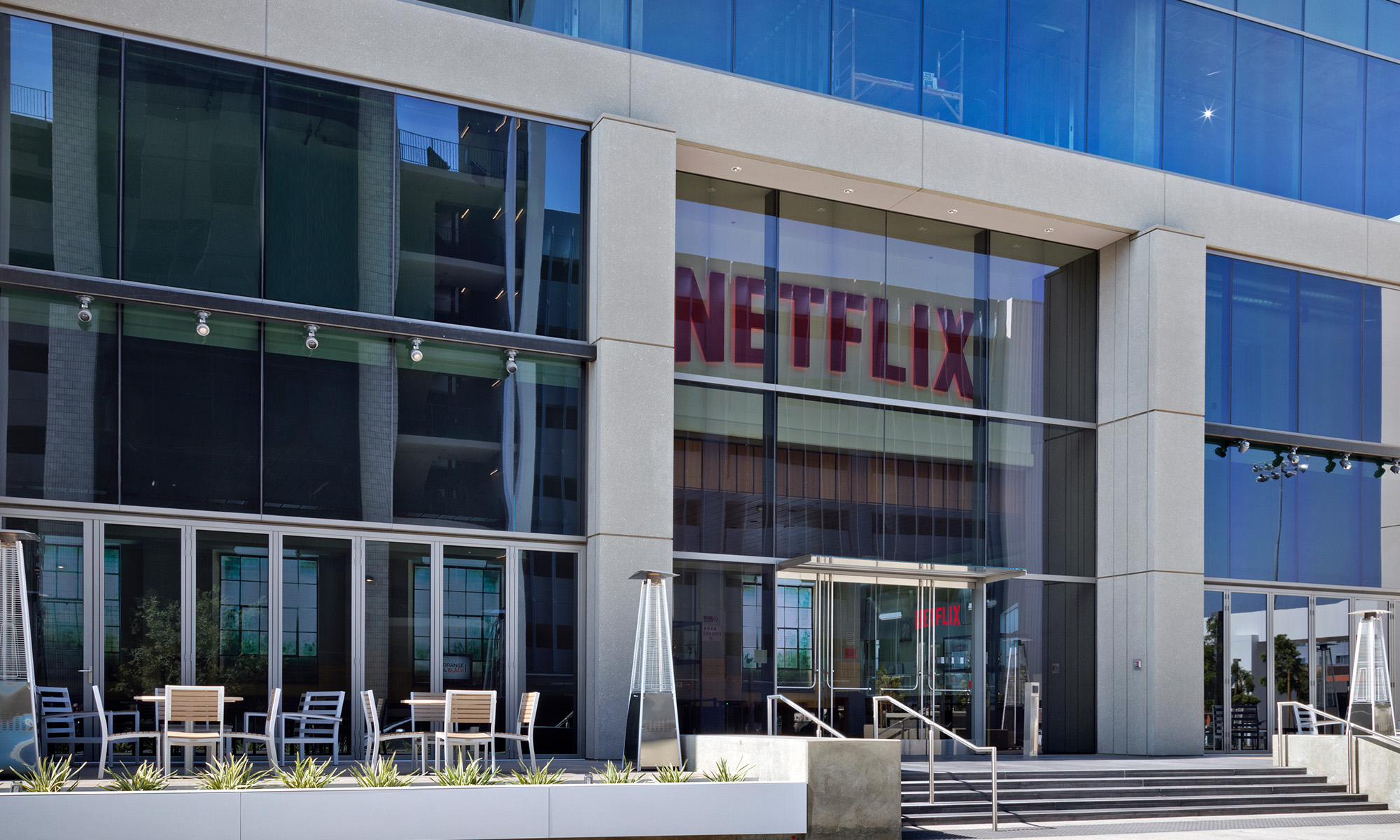In a letter to its investors released Wednesday, Netflix (NFLX 2.24%) suggested that it may raise prices for subscribers in the U.S. The last time Netflix increased its prices, it prompted a subscriber backlash that led to a major sell-off in the stock. Things are different now, but if Netflix's service is about to become more expensive, it could give its competitors, including Amazon.com (AMZN 2.14%) and Outerwall (OUTR +0.00%), an opportunity.
Netflix hints at price increases
While Netflix didn't explicitly announce a price increase on Wednesday, it hinted quite strongly that one would be forthcoming. In its shareholder letter, Netflix's management writes:
Last April we introduced a ... $11.99 option to begin our evaluation of plan tiering. Since late last year, we have also been testing 1-stream and 3-stream variants, as well as SD/HD variations, at various price points. Eventually, we hope to be able to offer new members a selection of three simple options to fit everyone's taste.
If we do make pricing changes for new members, existing members would get generous grandfathering of their existing plans and prices...
Later in the letter, Netflix repeats the "grandfathering" language, this time in reference to a price increase affecting subscribers in Ireland:
In Ireland, on January 10th, we increased our monthly subscription price for new members by one Euro ... Existing members in Ireland received two-year grandfathering of their existing ... pricing.
In other words, Netflix's management is considering increasing prices for subscribers in the U.S., though existing U.S. subscribers would, like their counterparts in Ireland, get to lock in their current rates for some time.
Competition is more fierce now than it was back then
Allowing existing subscribers to maintain their current plans shouldn't trigger a mass exodus as it did in 2011 following the Qwikster debacle. But new members could be dissuaded from signing up if Netflix were to meaningfully raise its prices. Now nearly three years removed from the Qwikster incident, Netflix is arguably in a better place -- it has a treasure trove of exclusive content, including hit series like Orange Is the New Black and House of Cards.
But its competitors are better off, too. Earlier this month, analysts at Morgan Stanley downgraded Netflix shares in the face of rising competition. In particular, Morgan Stanley cited a better streaming video product from, among others, Amazon. Like Netflix, Amazon has been branching out into proprietary content, with original shows and an exclusive deal with Viacom.
Amazon's TV ambitions could go further -- it was rumored to be planning an Internet-based, cable alternative (though the company denied it) and is widely believed to be working on its own set-top box.
Then there's Outerwall. Its Redbox Instant combines free rentals from Redbox kiosks with online streaming video. It hasn't received as many accolades as Amazon Prime Instant Video, but Outerwall isn't giving up, ramping up marketing for the service in the fourth quarter and getting it added to more Internet-connected set-top boxes in recent months.
Redbox Instant lacks the robust streaming catalog of Netflix, but as an alternative to a combination of Netflix streaming and DVDs by mail, it could become an even better value. Netflix announced on Wednesday the creation of "dvd.netflix.com" -- a separation of its DVDs-by-mail business from its streaming service. Unlike the proposed Qwiskter spin-off, dvd.netflix.com uses the same Netflix account. Still, the creation of a discrete website suggests that a future separation could be forthcoming. The number of Netflix DVD subscribers continues to fall, now down to 6.9 million from a peak near 20 million in 2010.
Can Netflix keep adding subscribers if it raises prices?
Netflix shares surged in the aftermarket session on Wednesday, largely because the company added more than 2 million new U.S. subscribers last quarter. Netflix's growth has been nothing short of impressive, but based on its investor letter, shareholders should brace themselves for a price increase. Keeping its existing subscribers grandfathered into their current plans won't add any additional revenue, but it could slow Netflix's growth in future quarters.
Against a more expensive Netflix, alternatives like Amazon Instant Video or Outerwall's Redbox Instant could become more enticing.







